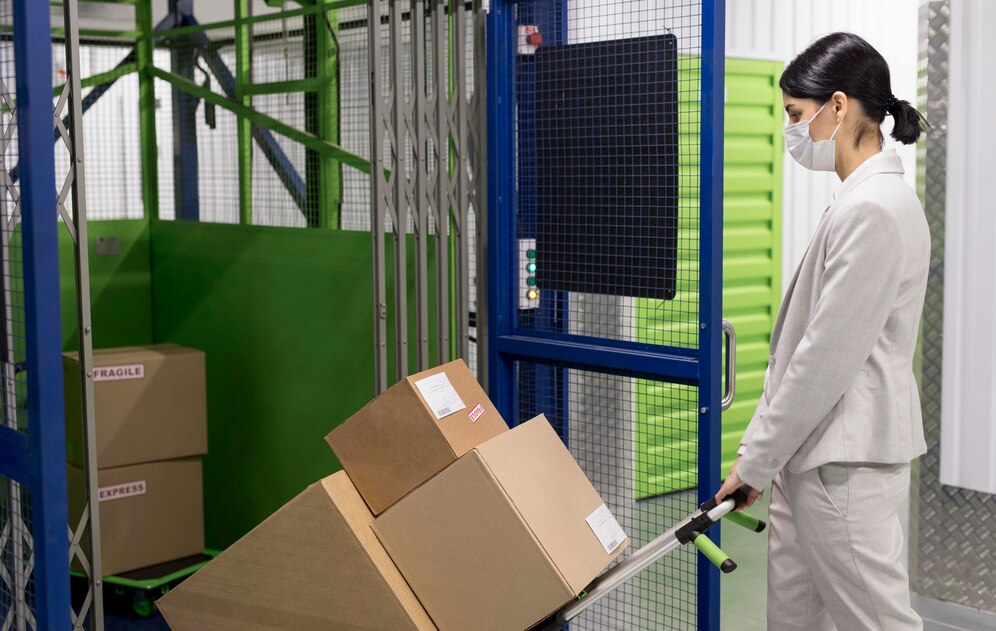Understanding IBC Containers, The Versatile Solution for Bulk Storage
Intermediate Bulk Containers (IBCs), commonly known as IBC tanks or IBC containers, have become indispensable in various industries due to their efficiency in storing and transporting liquids and granulated substances. These containers are designed to handle bulk quantities of materials while ensuring safety, reliability, and ease of use. This article delves into the characteristics, benefits, and applications of IBC containers, highlighting their growing popularity in today’s market.
What Are IBC Containers?
IBC containers are large, pallet-sized containers typically made of high-density polyethylene (HDPE) or stainless steel. They come in various sizes, but the most common capacity is around 1,000 liters (approximately 264 gallons). IBC tanks are equipped with a filling lid and a discharge valve, allowing for easy access and transfer of contents. The design includes a robust frame for stability during transport and storage, making them suitable for various materials, including chemicals, food products, pharmaceuticals, and agricultural liquids.
Benefits of Using IBC Tanks
- Space Efficiency: One of the main advantages of IBC containers is their space-saving design. They can be stacked when not in use, maximizing storage efficiency. Their standardized dimensions facilitate easy transportation and storage, making them ideal for warehouses and distribution centers.
- Cost-Effectiveness: IBC containers can significantly reduce shipping costs due to their high capacity. Instead of using multiple smaller containers, businesses can opt for fewer IBC tanks, thereby lowering shipping expenses. Moreover, their durability leads to fewer replacements over time, contributing to overall cost savings.
- Safety and Compliance: IBC tanks are designed with safety in mind. Many models are UN-approved for the transport of hazardous materials, meeting strict regulations. Their construction minimizes the risk of leaks and spills, protecting both the environment and personnel.
- Versatility: IBC containers are incredibly versatile and can be used for various applications across different industries. Whether it’s storing chemicals, water, food-grade liquids, or even granulated substances, IBCs can adapt to the needs of various sectors, including agriculture, pharmaceuticals, and manufacturing.
- Ease of Handling: With features like forklift pockets and a lightweight design, IBC tanks are easy to maneuver. Their user-friendly design allows for straightforward filling, emptying, and stacking, making them an excellent choice for businesses seeking efficient storage solutions.
Applications of IBC Containers
IBCs are widely used in various sectors, including:
- Chemical Industry: IBCs are ideal for transporting and storing chemicals safely. Their design helps prevent contamination and ensures compliance with safety regulations.
- Food and Beverage: Many food-grade IBC containers are available, which are perfect for transporting liquids like oils, syrups, and juices while maintaining product integrity.
- Agriculture: Farmers use IBC tanks for liquid fertilizers, pesticides, and herbicides, benefiting from their large capacity and easy handling.
- Pharmaceuticals: The pharmaceutical industry relies on IBCs for storing raw materials and final products, where compliance with hygiene standards is crucial.
Conclusion
In conclusion, IBC containers, or IBC tanks, offer a robust and versatile solution for bulk storage and transportation needs. Their space efficiency, cost-effectiveness, safety features, and adaptability make them a popular choice across various industries. As businesses continue to seek innovative solutions for handling bulk materials, the role of Intermediate Bulk Containers is expected to grow, highlighting their importance in modern logistics and supply chain management. For anyone considering a reliable and efficient storage solution, IBC containers represent a smart investment
Click the link below to find out more!


